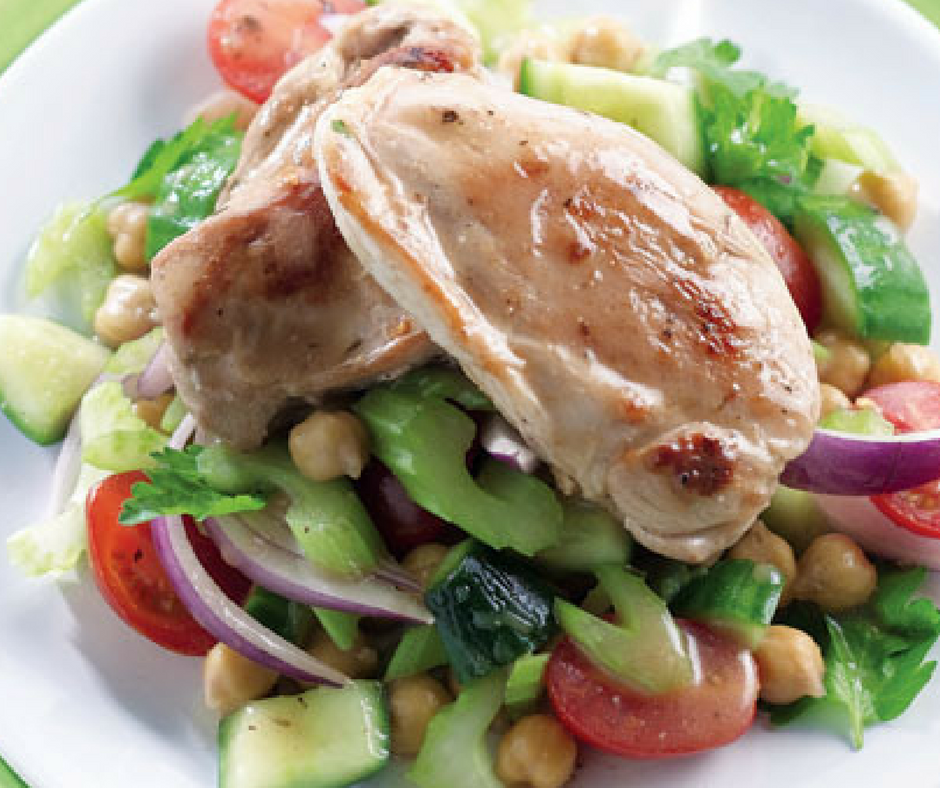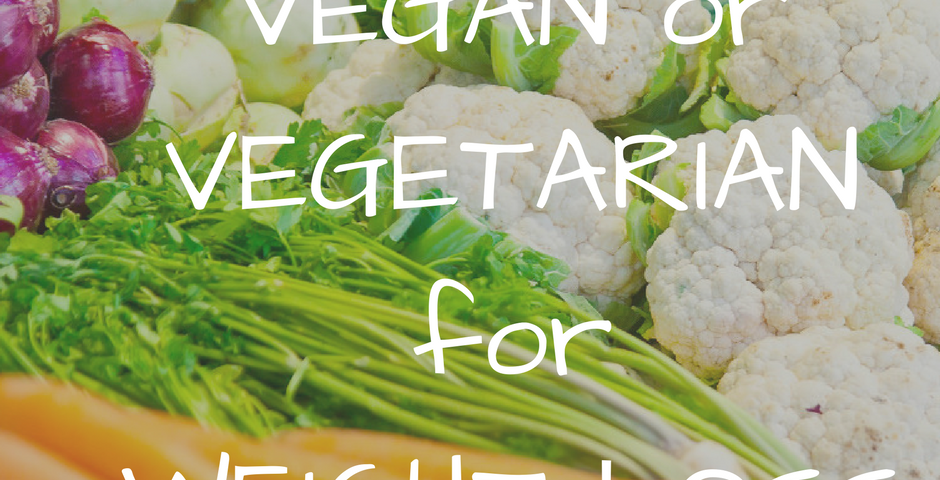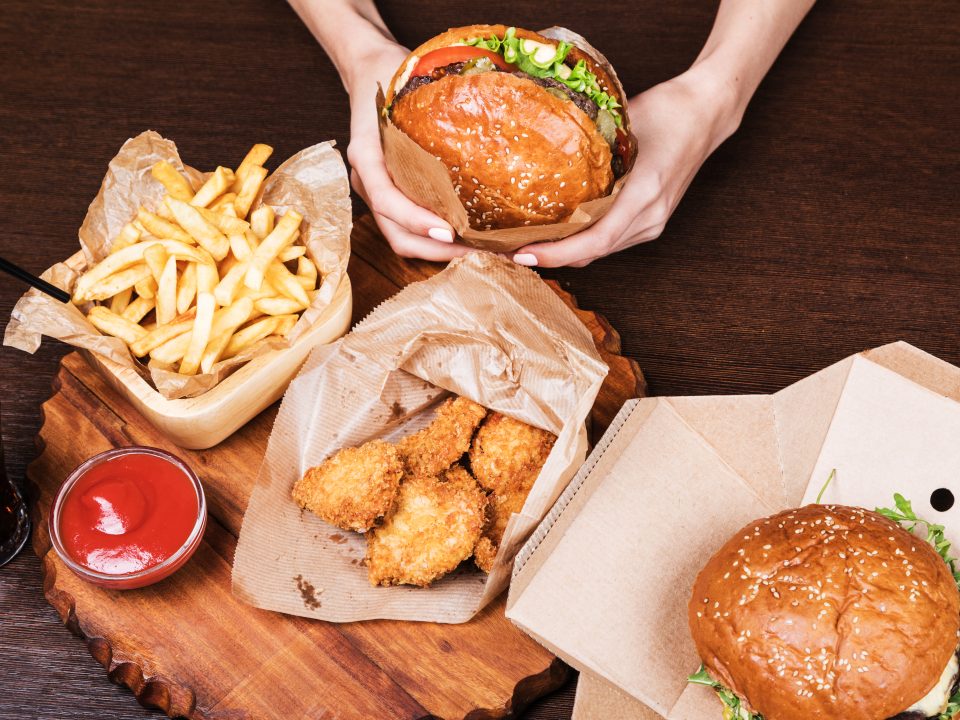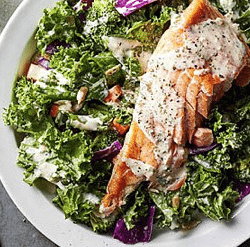
Cajun chicken and chickpea salad
April 28, 2017
Workout tech… a help or a hindrance
May 5, 2017In your head you have visions of beautiful, toned, yoga practicing, vegan Instagrammers who wake up with perfect shiny hair and no need for industrial strength filters.
99% of you wants to laugh or roll your eyes, but there’s that teeny tiny little 1% of you that wonders…. could there be something to this whole vegetarian or vegan diet that offers the secret to obtaining the ideal weight?
Could cutting out meat be a way to force yourself to eat healthy?
Weight up the pros and cons of going vegetarian or vegan for weight loss below.
What’s the difference between vegetarian and vegan?
A vegetarian diet involves no meat, poultry, or fish, but allows for eggs and dairy products. They instead substitute with meat alternatives such as tofu, soy/lentils, nuts etc.
Vegan on the other hand includes no animal products at all- no milk, cheese, eggs, butter. They may also take it one step further and avoid consuming animal products in any form including non food items such as leather, wool, or silk.
Does this kind of diet cause weight loss?
That all depends on what is included in the diet- a vegetarian diet done the right way includes a high intake of fruit, vegetables, healthy whole grains, meat alternatives, dairy, nuts and seeds, and only a small amount of processed unhealthy foods. Many of these foods are naturally less energy dense than more processed foods.
Meat alternatives such as tofu or lentil burgers may have slightly lower calories (or about the same) compared to meat, poultry, or fish. The issue is usually portions- while you may find that 100g of tofu or 1 cup of lentils is as much as you can handle, very few of us would be eating 100g steaks.
It also comes down whether the diet is vegetarian but unhealthy (chocolate, potato chips, ice cream, and cake are technically vegetarian). Vegan ingredient alternatives for these types of “extras” may be technically more healthy in terms of saturated fat, but can be just as high in calories.
Is there a middle ground?
Choosing to focus on increasing whole fresh vegetarian foods such as fruit, vegetables, grains, lentils, and healthy dairy/non-dairy alternatives can be extremely beneficial to health, helping to maintain weight, and overall energy levels.
Choosing more moderate portions of meat/chicken/fish instead of larger ones can be a great strategy, as well as keeping to just one “meaty”meal a day. Just make sure you are choosing to cook these options in a healthy way such as grilling, oven baking, low oil frying, or steaming.
Another strategy is to include in your week a day- or a couple of days- where you choose vegetarian dishes as your main meal. Keep an eye on carbohydrate portions, and aim for about a quarter of your plate. This is things like potato, sweet potato, rice, pasta, noodles. Although healthy, and vegetarian, they are more energy dense, so should be enjoyed in moderation.





